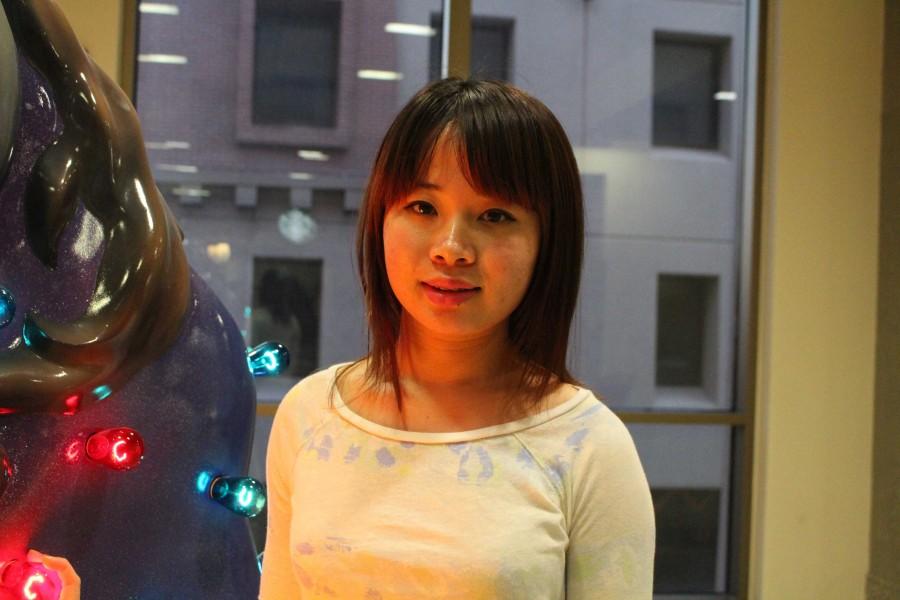The Chinese New Year lands on Feb. 19, and there will be small celebrations at UTEP and in El Paso to celebrate the year of the sheep.
“On Chinese New Year’s Eve, there is always a big meal for the family,” said Yanyu Wu, doctoral student in chemistry. “At midnight, just as the clock hits the mark, fireworks consume the sky, everyone can be seen at their rooftops or out in the street, watching as the night sky is illuminated by lights of all colors. With the fireworks, the god of fortune is invited into the many homes.”
The Chinese New Year is mainly a family celebration, considered as the only time of the year when all members of the family can gather and share a special moment, no matter the distance.
The north and south regions of China have a few differences in celebrating the new year, but the most important aspects of the festivities and traditions remain the same with all Chinese families.
Kaitlyn Mullins, freshman business major, has heard of the Chinese New Year, but does not know about the traditional celebrations or how they work.
“However, if there was a celebration here at UTEP or in El Paso, I would totally think about going,” she said.
In the U.S., the Chinese New Year is celebrated with many art shows and performances. In Los Angeles, the New Year is a massive celebration that anyone can attend. Popular Chinese singers and actors tend to participate during this carnival-like celebration, which usually takes place in Chinatown. The celebration is also broadcasted around the country on the China Central Television Network. It begins at 8 p.m. and ends before midnight.
“The celebration itself is said to last 15 days, but the preparations comes way before that,” Wu said, “Cleaning the house is a tradition that represents the removing of the old and dirty. This usually happens two days before New Year’s Eve. This way, the entire home is ready and fresh to receive the brand new year.”
Lucky Money is also one of the many traditions that have been persevered. Married couples place money on a red envelope, called a “Hongbao,” and it is given to children and adolescents. Lucky Money is a demonstration of good luck and fortune, intended for young people.
“Last year was the very first year in which I wasn’t home to celebrate with the family,” Wu said. “My mom collected the Lucky Money for me, and when I went to visit them during the summer she gave me a bunch of red envelops with money inside.”
The Ai-Hwa Chinese Language School will celebrate the Chinese New Year on Saturday, Feb. 21 at the UTEP Union Cinema.
Chyi Longpre, coordinator of Ai-Hwa Chinese School, said there will be an activity to commemorate the Chinese culture at 2 p.m. and the program will start at 3 p.m. Admission is free.
Wu said that wherever there are Chinese communities, there would be celebrations. He said that the Chinese are loud and fond of parties during this time, and welcome anyone who wants to attend.
“Phoenix will also have a similar celebration this year,” Wu said, “In El Paso, we do get together at the Chinese church to celebrate the New Year. We have traditional food served and we have, obviously, Chinese music. It’s where we get together and celebrate our traditions. Being apart from our country doesn’t take away our spirit to celebrate.”
For more information about UTEP’s celebration of the Chinese New Year, call 915-585-7052.
For more information about the small celebrations in El Paso, visit www.elpasochinesebaptist.com/, and the celebrations in Phoenix, visit www.phoenixchineseweek.org/.
Jesus Lopez may be reached at [email protected].
Jesus Lopez may be reached at [email protected].






